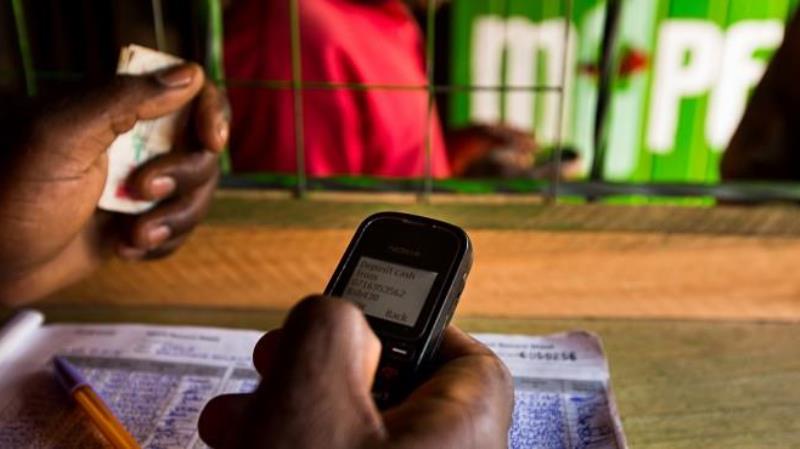London based editor of Balancing Act and telecom analyst, Russell Southwood has published his five (5) wishes for Africa’s Telecoms and Internet Industry that he hopes will come true in 2018. Two are particularly compelling and underscores why regulators must be more proactive and market focused; and also why operators must have a more dynamic approach to delivering data to a market that is now data-centric. While Africa ICT sector has grown in size and sophistication to reflect the global dynamics of the industry, regulators appear still locked in the pre-deregulation and liberalization era, often stalling the market with regulatory approaches that fail to see into where the industry is headed.
As IT Edge News states in one of its reports in 2017, “In its first ever to be published Global ICT Regulatory Outlook 2017, the International Telecommunication Union (ITU) affirmed that the days of “obligation-based regulation and a stovepipe ICT marketplace” are gone. That era, approximately tagged: ‘Generation 1’ no longer exists. Regulation is at Generation 4 and even some countries are already at Generation 5. Yes! There is a seismic shift that forces regulation and regulators to be ‘open, collaborative, flexible and consensus-based.” Southwood expressively affirms thss same position in his 2018 wish for the African ICT regulators, See below:
Wish No 2: Regulation that addresses the future, not the past
Over at least the past two decades, the cornerstone of assumptions for Africa’s more impressive regulators has been that competition stimulates lower prices and innovation. Although not always stated, that competition needs easy market entry and at least 3-4 major players to be effective.
“Both Government and regulators need to understand that mobile operators are no longer the golden cow that can be milked at will. However you look at it, there will be less players and therefore less competition to drive innovation.”
The problem in Sub-Saharan Africa is now two-fold: there is the changing business model referred to above and the steady consolidation of players in the market. If Airtel and Millicom could find buyers for their African operations, they would no longer be on the continent. The challenges of the 9Mobile bidding process in Nigeria and the talk of bidders coming together into alliances demonstrate what is happening. Both Government and regulators need to understand that mobile operators are no longer the golden cow that can be milked at will. However you look at it, there will be less players and therefore less competition to drive innovation.
There are currently already a series of regulatory dead-ends on the continent. You have everything from the countries that have never given up having a single state incumbent (for example, Ethiopia at the most extreme end) to places where a single mobile operator has replaced the position of the old incumbent (for example, Kenya or Senegal).
There are still many African regulators who have the capacity to start regulating for the future. They need to encourage new market entrants who will bring something other than the business models that are currently failing those who are not in the number one or number two position in the market.
Wish No 1: An Industry-Wide Commitment to high-quality, low cost data
To repeat a tune we have been singing for many years: everything is becoming data (even voice) and the business model is changing. The question is then: what kind of companies will survive this digital transition?
Imagine that mobile companies in their present form had never existed and you had to build a network for the kind of future African customer demand for data. What would it look like?
In any scenario you might imagine, this would need to be a high-volume fibre network capable of dealing with the kind of high-use cases that will come out of the next two generations of mobile wireless technology.
The challenge for existing operators is that in commercial terms they need to build that high-volume, high-quality network on a commercial model that works on lower retail prices than are found elsewhere globally. This is the only way to create a mass -market route to Africa’s digital future.
The major operators that remain committed to developing the business in Africa need to give a commitment together that they will all work together to achieve high-quality, low-cost data. It will require the sharing of network resources at the infrastructure layer to enable all operators to compete and innovate at the retail level.





























